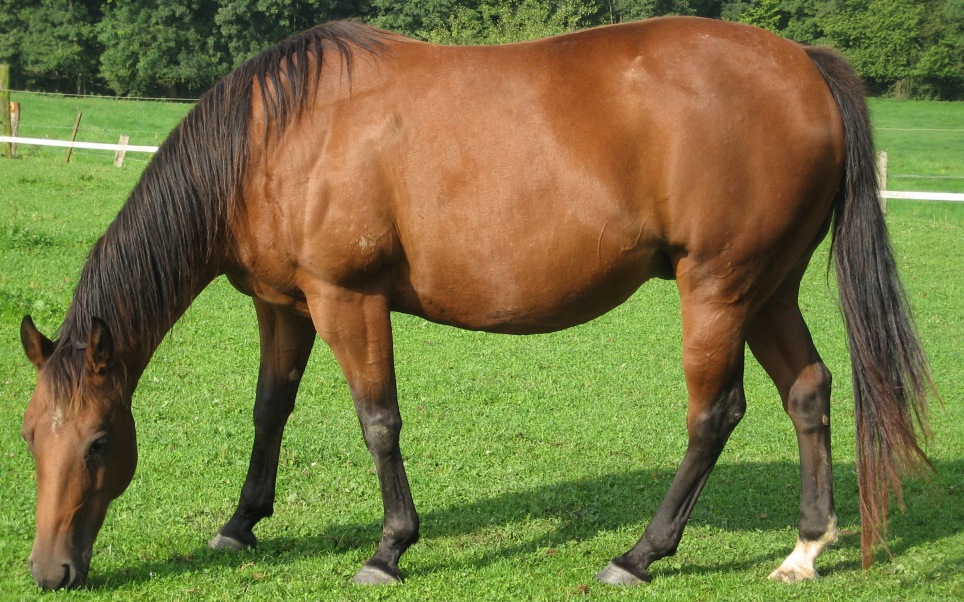New Jersey Pet Trusts Ensure Your Pets Are Cared For During Their Lives
 Many people feel that their pets are members of their family and want to make sure that their pets will be well cared for in the event of their death or incapacity. You must plan if you want to make sure that someone will care for your pet were you to pass away or become incapacitated, since that is not necessarily the case and people and normally under no obligation to do so. As a result, pets are often abandoned after their owners are no longer able to care for them.
Many people feel that their pets are members of their family and want to make sure that their pets will be well cared for in the event of their death or incapacity. You must plan if you want to make sure that someone will care for your pet were you to pass away or become incapacitated, since that is not necessarily the case and people and normally under no obligation to do so. As a result, pets are often abandoned after their owners are no longer able to care for them.
In order to ensure that your beloved pets continue to be cared for, you can establish an “animal care trust,” which will designate a caregiver, provide funding for your pet’s care and appoint a trustee to fulfill the terms of the trust. New Jersey is one of forty-six states which have laws allowing for the creation of a pet trust. These trusts are gaining in popularity with pet owners who love their pets and want to guarantee that their pets are well cared for, and want to determine who will provide that care.
New Jersey law, NJ ST 3B:11-38, authorizes the creation of an animal care trust. The trust must be created specifically for the purpose of providing care for a domestic animal. It is only permitted to last for a period of 21 years, or the life of the pet (whichever is shorter). The trust must designate who shall be the caregiver of the pet in the event you are no longer able to provide such care. It must also designate a trustee who will be charged with carrying out the terms of the trust. TheTrustee will ensure that the pet is delivered to the caregiver and will oversee disbursement of the funds in the trust for the purposes of caring for the pet. The trust should designate an alternate caregiver and an alternate trustee to serve if the primary caregiver and/or trustee are not able or willing to do so. The principal and income of the trust must only be used to provide care for the pet. The trust must also designate who will receive any funds remaining upon the trust’s termination. The trustee’s final duty under the trust shall be to transfer the unused trust property pursuant to the terms of the trust.
Typically, an animal care trust will direct the trustee to utilize the principal and income of the trust as the trustee deems necessary for the care, maintenance and medical treatment of the pet. The caregiver must request funds from the trustee, and the trustee must decide if the funds should be paid out of the trust.
So many of our clients view their pets as members of their family and desire the secure knowledge that their pets will be cared in the event of their death or incapacity. Animal care trusts are the best way to accomplish this goal.
The estate planning attorneys at McLaughlin & Nardi, LLC have created pet trusts to ensure that our client’s pets will be cared for. If you are interested in establishing a pet trust, please call or e-mail our attorneys.
 New Jersey Lawyers Blog
New Jersey Lawyers Blog

